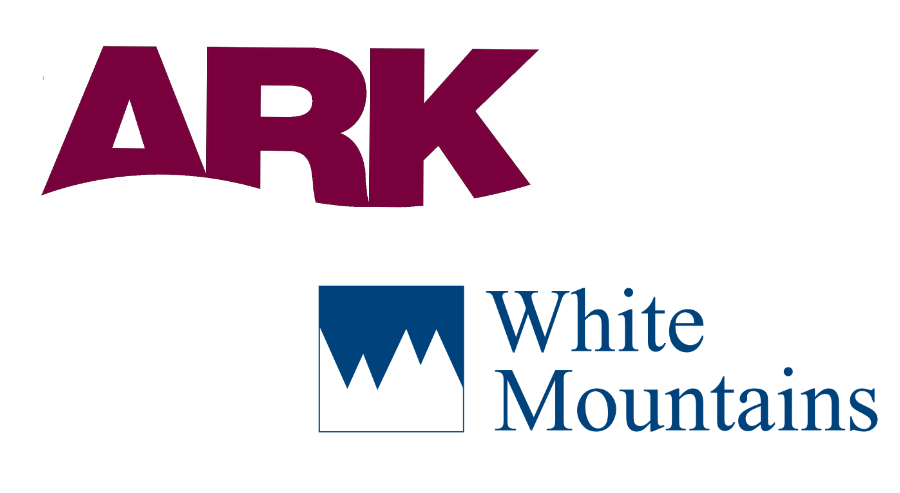
If you work in construction, you know how crucial good project management is for the completion of any project and for your professional reputation.When construction contracts become large and complex, project management strategy calls for an extra layer of oversight and guidance – that’s where funds control can come into play.Large, multi-million-dollar construction projects with many moving parts often call for surety to guarantee payment via a surety bond, but funds control is a different risk management tool.
If you’re still a bit confused, read on for a breakdown of how and why funds control can be an important part of your next construction contract.What is funds control? When it comes to construction projects, having the necessary financing is just one step in the process.All parties will want to ensure that any funds involved will be used for appropriate work-related expenses, as laid out in the construction project contract.
Funds control is a way to do just that – manage the flow of money to the right parties at the right time over the course of the project.This provides another level of oversight on the project, but in contrast to general project management, funds control focuses on one very specific aspect (finances).Why do you need funds control? Large construction projects can be complicated to oversee, and there’s a lot of money at stake.
When a third party takes charge of funds distribution, the risk of financial mismanagement decreases, and the suppliers, subcontractors, and vendors can expect to be paid for the work they contribute to the project.The project owner will also be reassured that they’ve made a sound investment.When does funds control come into play? Like surety, funds control is used in large construction projects that involve millions of dollars and require exceptional risk management.
In fact, surety and funds control often work together: in many cases, the surety bond provider will request that a funds control body enter the relationship to keep finances moving smoothly and reduce the risk of missed payment – and in turn, a lien against the project.Funds control is especially helpful when the contractor has multiple projects underway, as it’s important to keep financial assets from becoming intermingled.Read our infographic to learn more about surety and funds control.
How does funds control work? Scenario 1: Keeping funds focused on the task A contractor has accepted a project, but they’ve recently taken on other bonded work, and now they have a backlog of important jobs.It can be tempting for a contractor to use funds wherever their priorities lie, but the project owner will want to be sure that their money is financing their project – not the contractor’s backlog of work.This is a great case for funds control.
A third party in charge of payments will ensure that the money allocated for a specific job is spent appropriately, protecting the project owner’s investment and ensuring the right parties are paid.If those funds were funnelled into other projects, leaving the workers unpaid for their labour, there could be serious financial and logistical complications for the project owner.Scenario 2: Climbing the contracting ladder A contractor would like to take on a larger construction project, but they don’t qualify for a surety bond.
It’s a catch-22: the contractor is trying to grow their business, but their business financial situation isn’t robust enough to secure bigger jobs.In this case, funds control provides some reassurance – to the surety, client, and general contractor – that the investment will be protected and used properly.The third-party evaluation may instil enough confidence and clarity for stakeholders to grant a tenacious contractor the bond they need to land the bigger job they’re after.
Scenario 3: Reigning in runaway budgets Big projects have many moving parts, and when there’s money flowing into different areas at once, the purse can empty quickly.If the early warning signs are missed, everyone could get hit with an unpleasant surprise when funds dry up before the project is finished.Bringing in a third party to take charge of fund allocation is like financial project management: the funds control service can focus on how the money is being used and alert everyone when the project seems to be running over budget or as project claims arise.
You may think this can be left to internal resources, but an impartial professional service can mean smoother, less contentious discussion when it comes to budget.Wondering how funds control could factor into your project? Reach out to one of our brokers for more information.
Publisher: Northbridge Insurance








